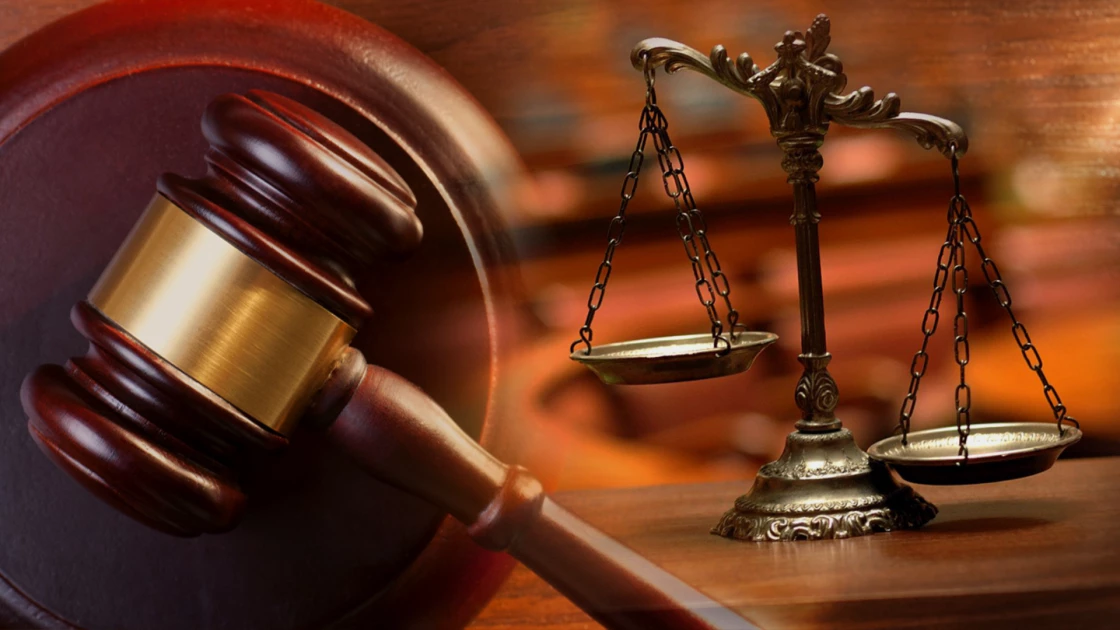Nakuru: Court declares crime of 'subversion' unconstitutional, rules it limits freedom of expression


Audio By Vocalize
Delivering the judgment, Justice Samwel Mohochi ruled that section 77 (1) and (3) of the Penal Code is a relic of the colonial legacy which limits freedom of expression through the vaguely worded offence of subversion to suppress dissent.
“This Court thus finds that, the provisions of the section 77 of the penal code are overbroad and vague, and that they limit the right to freedom of expression and there is lack of clarity as to the purpose and intent,” Justice Mohochi said.
The petition was filed by a coalition of human rights activists and professional bodies that include Katiba Institute, Law Society of Kenya, Kenya Union of Journalists, Kenya Human Rights Commission among others, against the Attorney General, the Director of Public Prosecutions, and the Inspector General.
The petitioners wanted section 77 of the Penal Code struck out, arguing that it impairs freedom of expression by criminalizing and punishing people who express political dissent in an open and democratic society like Kenya.
They argued that this is against article 33 (1) of the Kenya Constitution 2010 which gives every person a right to freedom of expression.
“The offence of ‘subversion’ is unnecessary in a modern, democratic society. It is an antiquated means of suppressing and penalizing expression of political dissent, which amounts to a violation of the right to freedom of expression under international law and Kenyan laws,” the petitioners argued.
However, the respondents; the Attorney General, the Director of Public Prosecutions, and Inspector General defended the law arguing that the petition does not meet the threshold since ‘subversion’ is an offence recognised in law and does not limit freedom of expression.
They submitted to the court that Article 33 of the Kenyan Constitution 2010 is not absolute since freedom of expression can be limited.
The petition arose after Joshua Otieno Ayika was arrested and charged before a Makadara Magistrate Court with an offence of subversive activities following a tweet on 16th July 2022 in his X handle predicting that the army would take over government in the next 90 days.
Ayika was also charged with a second count on publication of false information contrary to section 23 of the Computer Misuse and Cyber Crimes Act, 2018.
Justice Mohochi's decision declares provisions of section 77 of the Penal Code unconstitutional since they are overbroad and vague and they limit the right to freedom of expression.
“A Declaration is hereby issued that, section 77 (1) and (3)(a), (b), (c), (d), (e), (f), and (g) of the Penal Code, Cap 63 is unconstitutional,” he said.


Leave a Comment